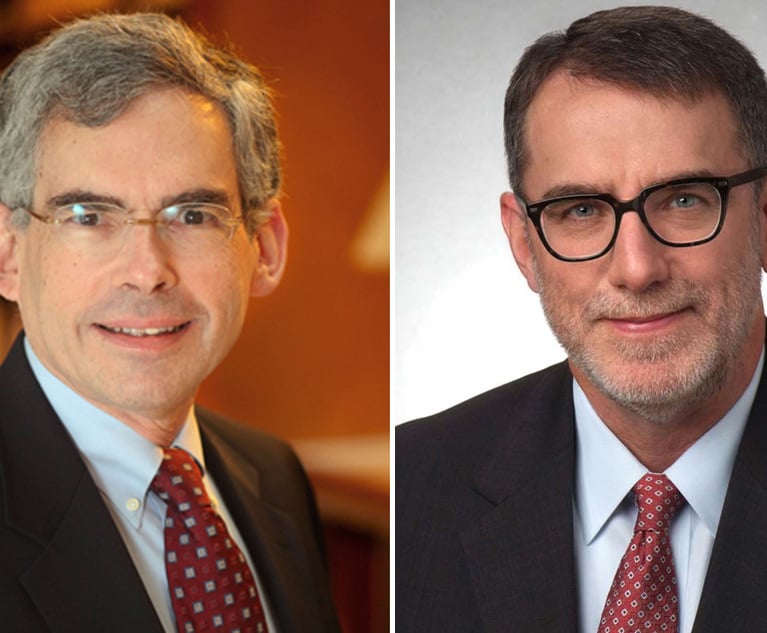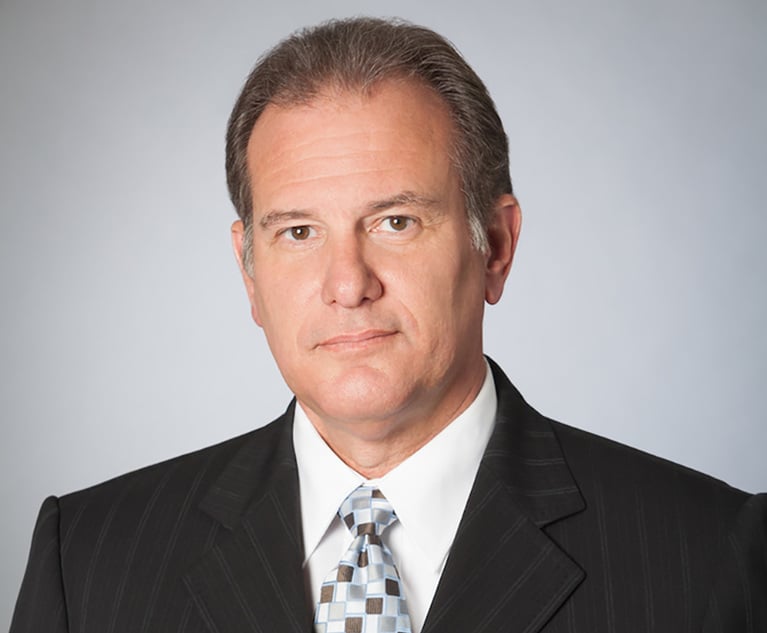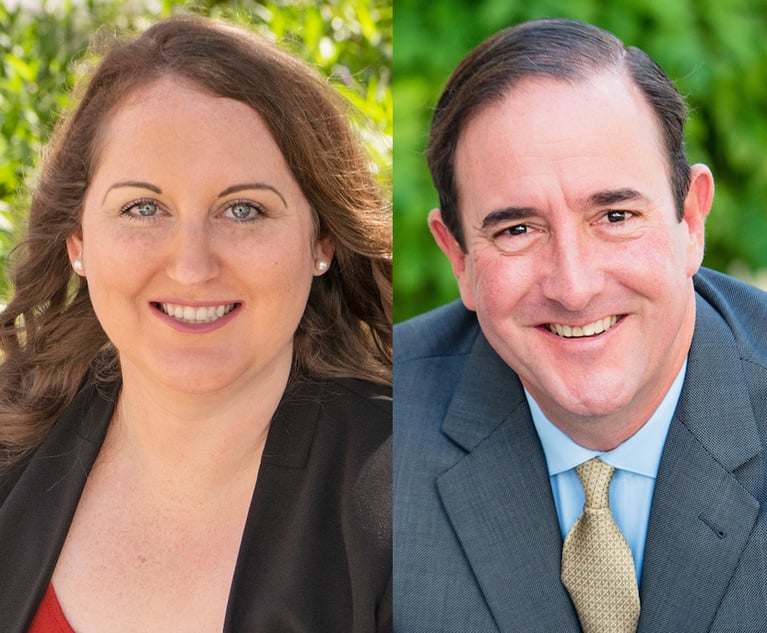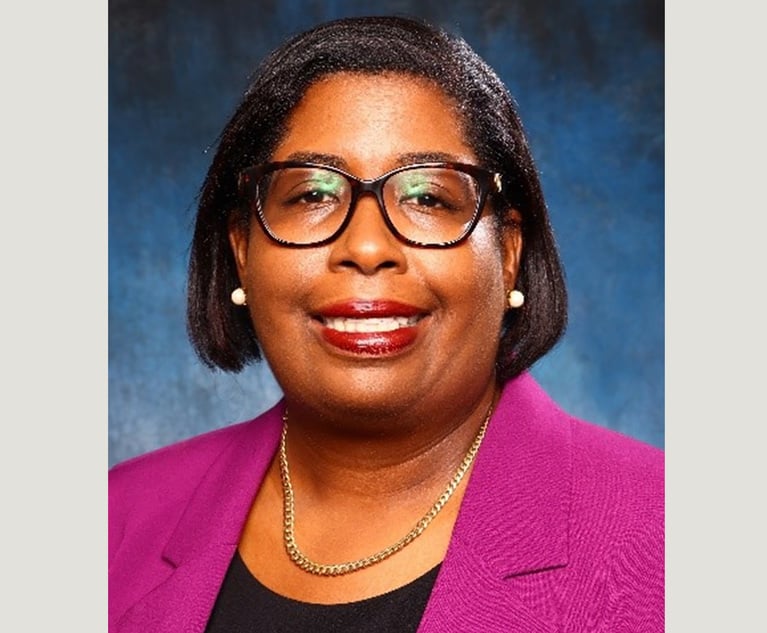At a recent well-known international conference on financial frauds attended by top professionals from major insolvency firms throughout the United States, Europe and the Caribbean, a timeless question came up: “Why do investors become victims of Ponzi schemes?” The audience members, including attorneys, accountants, consultants and federal regulators, chuckled and nodded at the answer a panelist provided: “Investor greed.” My experience, however, has proved this answer is wrong, borne out of ignorance and a disservice to victims of financial crimes, law enforcement and others seeking to right the wrongs of fraudsters.
The erroneous view that “greed” is the basis for investor losses has real-life consequences. Bankruptcy trustees may seek or threaten to seek to “claw back” return of principal, challenging the investor’s “good faith.” These trustees contend that while the investor was innocent of any wrongdoing and ignorant of the fraud, the investor was blinded by greed and should have conducted a higher level of commercially reasonable due diligence before investing (i.e., the investor should have “known better”). And those that aid and abet the fraud will defend against civil liability by claiming the victim did not reasonably rely on the fraudster’s misrepresentations.


 Michael Budwick of Meland Budwick in Miami.
Michael Budwick of Meland Budwick in Miami.




